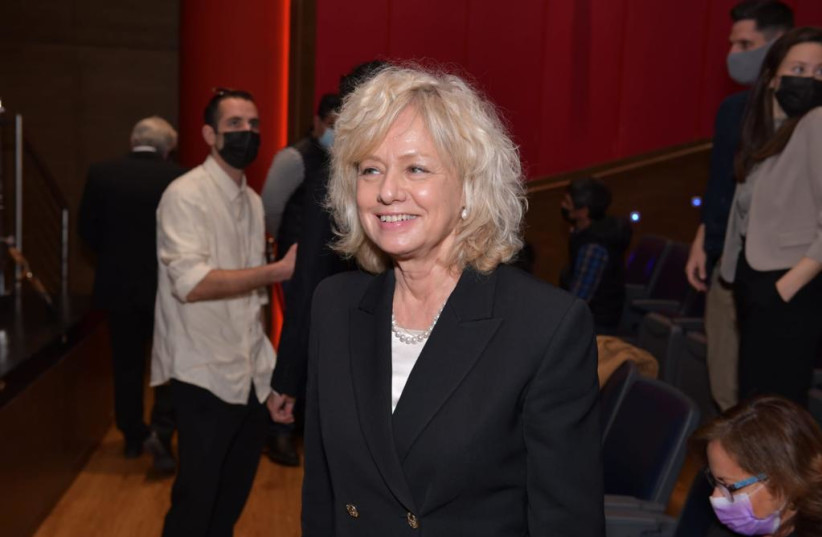A petition arguing that Attorney-General Gali Baharav-Miara has a conflict of interest in engaging with matters pertaining to the ongoing judicial reform was rejected by the High Court of Justice on Wednesday.
The petition by several right-leaning NGOs was deemed baseless and dismissed outright. The petitioners, Im Tirzu, the Movement for Governance and Democracy, the Lavi Organization, and Professors for a Strong Israel and Israeli Immigration Policy, were ordered to pay NIS 5,000 in expenses to the state.
"Baseless petitions are submitted to this court from both sides of the political map, from the Right and the Left," said the court. "Those like this receive the same treatment – dismissal outright, and in appropriate cases even while charging expenses."
What counts as a conflict of interest?
According to the court, there are two types of conflict of interest. The first is a personal conflict of interest, between the private interests of a public servant and the public interest that they've been entrusted with. The second is an institutional conflict of interest, when one public servant handling two different positions has two responsibilities come into conflict.
The court said that a public servant was expected to deal with issues pertaining to their duties, and present their opinion on the matter.

The NGOs had argued that since the coalition had expressed the desire to split the role of the attorney-general as part of the reform, Baharav-Miara had a conflict of interest in making decisions that were related the policy. Government officials have also sought private representation in court, rather than representation by the Attorney-General's Office.
The attorney-general's subordinates would also be impacted by proposed provisions of the reform, as government legal advisers may be required to hold the legal opinion of their assigned government body, and their opinions would be non-legally binding.
The court said that the petitioners had weakly established a personal interest through distant speculation that were not enough to determine a reasonable fear of the conflict.
The petitioners argued on the basis of Prime Minister Benjamin Netanyahu's own conflict of interest with the judicial reform.
A conflict of interest agreement was organized by the previous attorney-general Avichai Mandelblit, to condition Netanyahu's forming a government and reconcile with his ongoing corruption trials. The deal held that Netanyahu would be unable to involve himself with the appointment of law officials.
The Judicial Selection Committee composition change is a central component to the reform. Baharav-Miara has said that the conflict of interest agreement is still in effect, and applies to the judicial reform.
